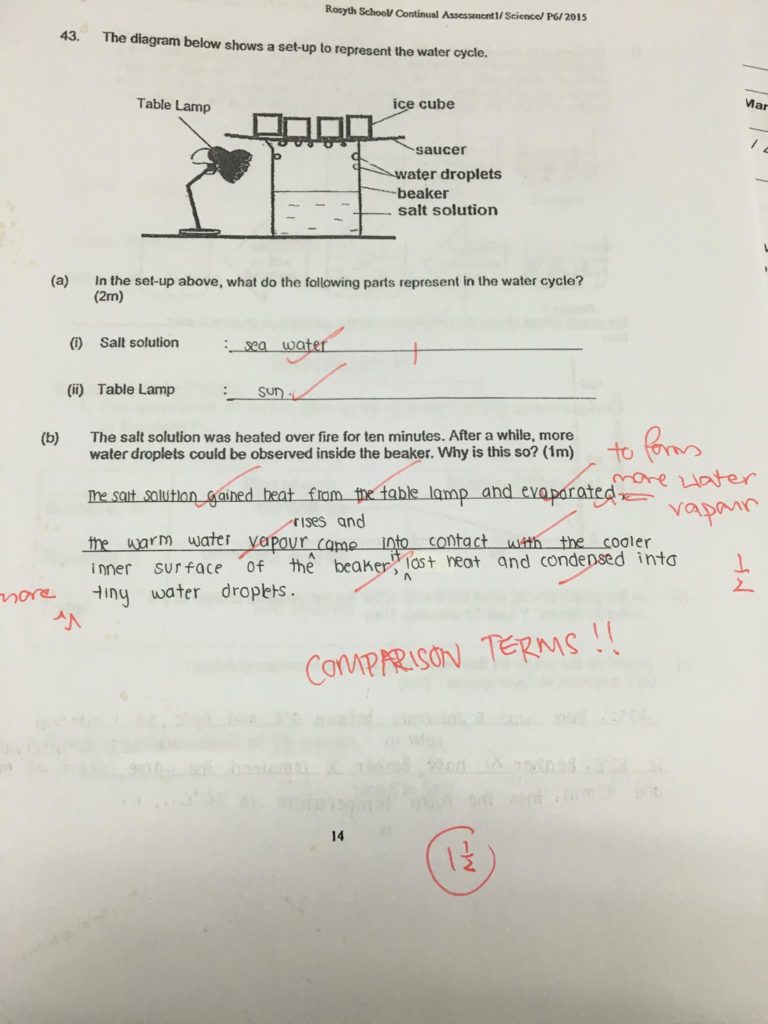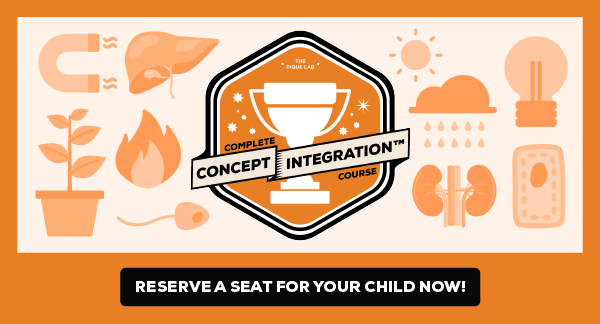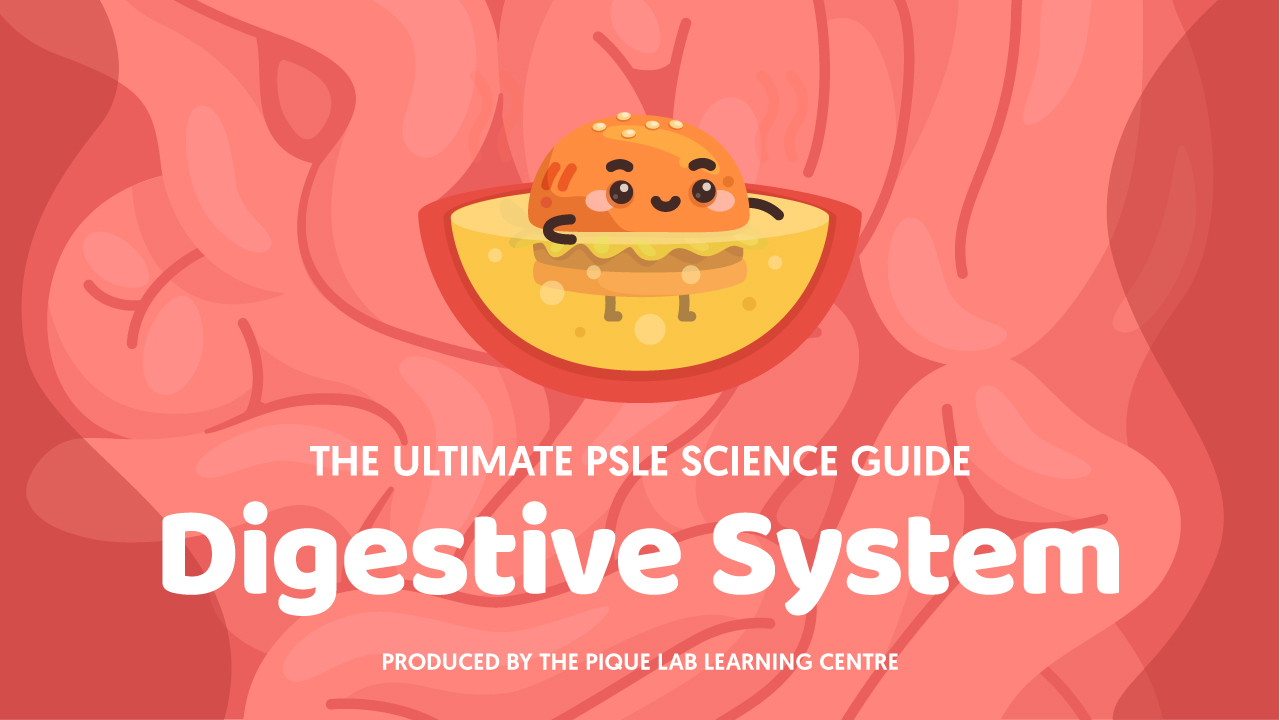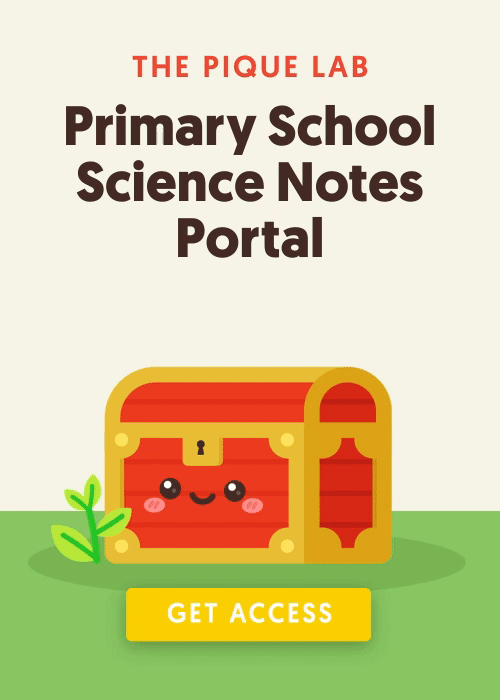In today’s article, I’d like to highlight the importance of using answering techniques, such as template answers, as well as the correct thought process, in order for students not to lose precious marks during examinations.
While I was marking some worksheets yesterday, I made an interesting discovery and would like to share it with you.
This is a question on Water Cycle that my student has answered.

Please focus on part (b) of the question.
I’m glad that she has managed to apply our signature CCI™ answering technique and crafted her answer beautifully.
Read Also
It appeared to be perfect until I realised that she omitted comparison terms (i.e. more/less) from her answer!
I cannot emphasise how important it is for students to read the question carefully and answer in the context of the question!
Here’s The Template Answer
The water gains heat from the ____________ (heat source) and evaporates to form water vapour which rises and comes into contact with the cooler inner/outer (choose one) surface of the _________ (object), loses heat to it and condenses to form (tiny) water droplets.
Here’s The Template Answer (With Comparison Terms)
The water gains heat faster from the ____________ (heat source) and evaporates faster to form more water vapour which rises and comes into contact with the cooler inner/outer (choose one) surface of the _________ (object), loses heat faster to it and condenses to form more (tiny) water droplets.
*The term “tiny” is placed in brackets as some schools like to enforce the use of this keyword. This is especially so when students are describing the formation of clouds.
Here’s the thing.
It is important for students to know the answering techniques – template answers, keywords & key phrases. However, what’s even more vital is the thought process behind the answer.
In order for a student to be able to answer a question accurately, he/she must be well-versed in both the thought process and the answering techniques.
Regurgitating the answering techniques may qualify the answer for some marks. However, your child will tend to lose some marks if it’s not crafted in the context of the question.
In the above scenario, it is evident that the comparison terms are missing in her answer and hence, the student lost some marks.
What a waste, isn’t it?
Some parents have also asked me why I make my students memorise template answers/structures? (…after all, memorising appears to be a bad learning habit).
The rationale is very simple.
#1 Inclusion of Important Keywords
Over at The Pique Lab, every template answer that we teach contains important keywords. Keywords are important words (or phrases) that students must include in their answers to draw relevance to a particular Science concept.
Memorising template answers/structures will help the student include important keywords in their answers. While it may appear to be a laborious task at the start, it’ll get easier over time after they practise the answering techniques repeatedly. Some students have also shared with me that they tend to memorise better when they verbalise their answers.
Have you ever asked your child whether he/she has studied for a particular Science topic and he/she tells you this?
“Ohh Mummy! I know how to write that…so I don’t need to memorise it!”
I’ve noticed these students tend to omit one or two keywords from their answers, without them even realising.
Why is this happening?
In the above “Hot Water Concept” question, there are too many keywords to take note of. Omitting any keyword will often result in incomplete answers, thus causing your child to lose marks unnecessarily.
If your child doesn’t have a structure in mind to adhere to, it is often challenging & time-consuming to come up with a complete answer during the examination on his/her own.
Now, tell me. Wouldn’t it be better if your child memorised something that works?
Of course, your child will also need to take into account the context of the question & adapt his/her answer accordingly.
#2 Effective Time Management
Based on anecdotal experience, students who formulate their answer on the spot during his/her Science examination usually take more time as compared to students who did their memory work. This is because extra time has to be spent on thinking of how to structure a perfect answer.
Well, think about it. There are simply too many factors to consider:
- What is the concept the examiner is trying to test?
- What are the important keywords or key phrases that I must include?
- Does it sound logical?
Studying smart means being able to spot common questions/concepts and structuring a good response beforehand – Just like how adults prepare for interviews, isn’t it?
As such, if your child did his/her memory work, there is a higher likelihood that he/she will have extra time to check his/her answers during the Science examination. This is a privilege that other students might not have!
#3 Scientific Answers
Examiners are usually looking out for answers that are written in a scientific manner.
If your child isn’t familiar with certain keywords or structures, he/she may use certain terms interchangeably.
For instance, the examiner is interested to know the adaptation of mammals in cold habitats. In this case, the term “hair” is often preferred over the term “fur”, because it is regarded as a scientific term.
As such, memorising “template answers/structures” will help to build your child’s foundation for tackling Science questions in a specific, concise and yet well-elaborated manner.
#4 BONUS: Especially Useful For Weaker Students
I’ve also noticed that students who are weaker in English tend to benefit more from this learning technique as well! 🙂
I hope that this article has highlighted the importance of template answers and how useful they can be, especially if your child is currently struggling with including the right keywords and/or having problems managing their time during examinations. In addition to simply memorising the template answers, it is equally or even more important to apply the right thought process to apply these answering techniques in the context of the question.

If you like our methodology, we’ve some upcoming workshops:







